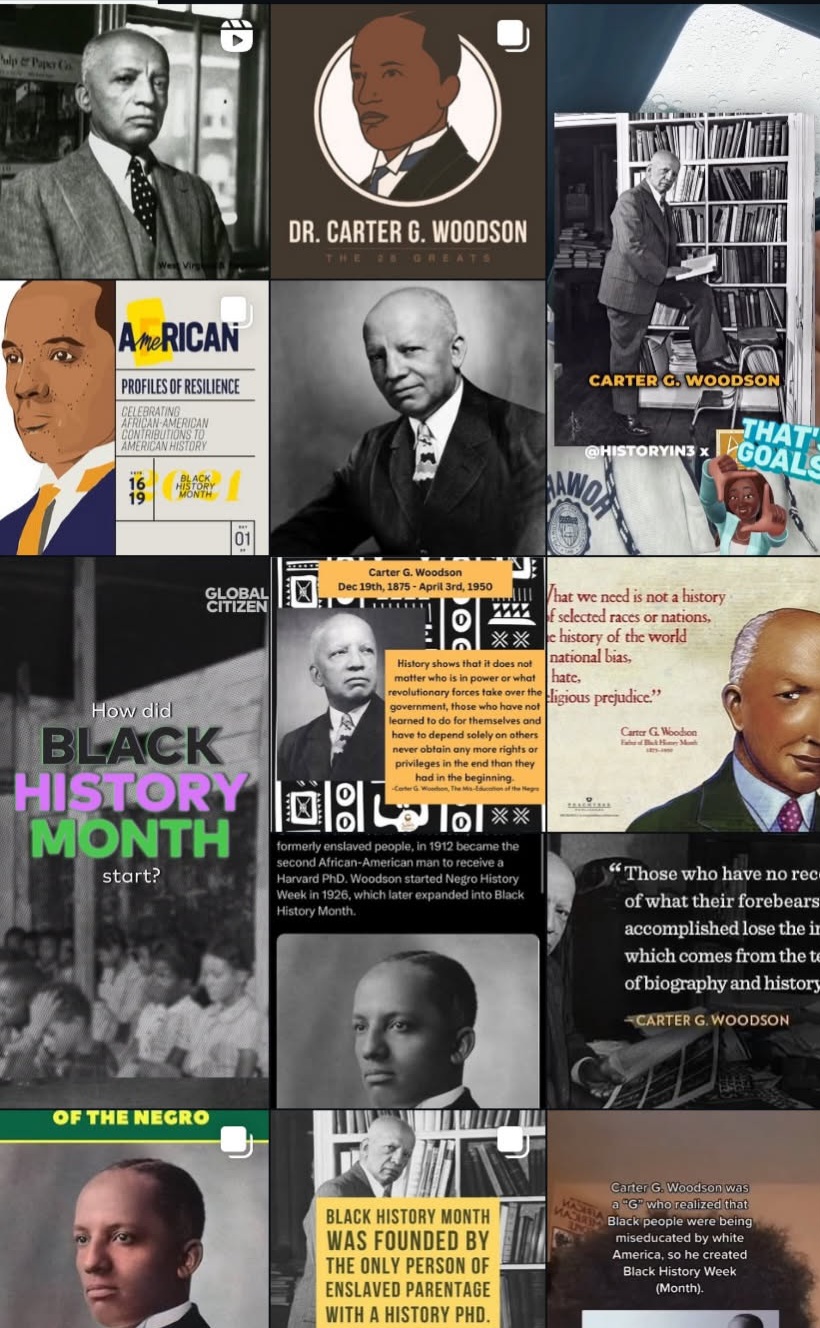Featured
Carter G. Woodson’s Black History Work Is Still Standing Despite Erasure Efforts

Dr. Carter G. Woodson, known as the “Father of Black History,” made it his life’s mission to ensure that the contributions of Black Americans were recognized and celebrated. As the founder of the Association for the Study of African American Life and History and the creator of Black History Month, he laid the groundwork for the way we engage with Black history today. In the 21st century, his vision has evolved in ways he likely never imagined.
Woodson believed history should be accessible to all, but today, efforts to erase Black history from the classroom and public discourse are increasing. Across the U.S., legislation restricting discussion of race and systemic inequality threatens to undo decades of progress. Books about Black historical figures are being banned, and curriculums are being revised to downplay the impact of slavery and segregation. These actions are in direct opposition to Woodson’s mission to ensure that Black history is studied and valued.
Pulitzer Prize winner and investigative journalist Nikole Hannah-Jones, who authored The 1619 Project, has spoken about the importance of Black history in education.
“What the research shows is that when you teach Black children Black history, they do better academically … this is not shocking,” Hannah-Jones said.
Hannah-Jones’ stance reinforced what Woodson understood nearly a century ago: representation in education matters. When students see themselves reflected in history, it boosts confidence, engagement and overall success. Yet, at a time when this knowledge is needed most, it’s increasingly under attack in schools.
The digital age
Despite these challenges, social media has become a powerful tool for preserving and sharing Black history. Platforms like TikTok, Instagram and X allow educators, historians and content creators to reach global audiences, keeping Black history alive beyond February. Viral threads, digital archives and hashtags like #BlackHistory365 help counter misinformation and ensure that Black history remains a year-round conversation.
Woodson couldn’t have predicted the digital age, but his mission remains alive and well. His efforts continue to inspire new generations and remind them that Black history isn’t simply a dusty relic but remains an essential part of a people’s identity.
Would Dr. Woodson be surprised at how far his vision has come? Perhaps. But in today’s fight against historical erasure, one thing is clear: his work is far from over. In fact, a new era of preservation has begun.

-

 Featured12 months ago
Featured12 months agoArkansas Sheriff Who Approved Netflix Series Says He Stayed ‘In His Lane’
-

 HBCUS12 months ago
HBCUS12 months agoSenator Boozman Delivers $15 Million to Construct New UAPB Nursing Building
-

 Featured10 months ago
Featured10 months agoCalifornia Is the First State to Create A Public Alert for Missing Black Youth
-

 Featured9 months ago
Featured9 months agoAfrican American Leaders Stay the Course Amid Calls for President Biden To Bow Out of Race
-

 Featured10 months ago
Featured10 months agoThe Debate Fallout Lands on Both Candidates
-

 Featured9 months ago
Featured9 months agoPresident Joe Biden Decides to Withdraw from the Presidential Race








